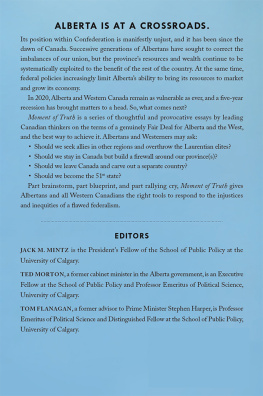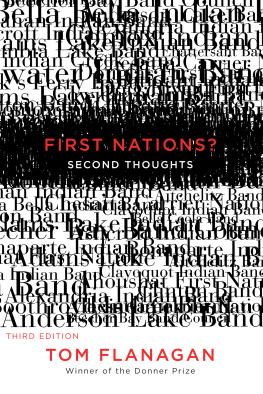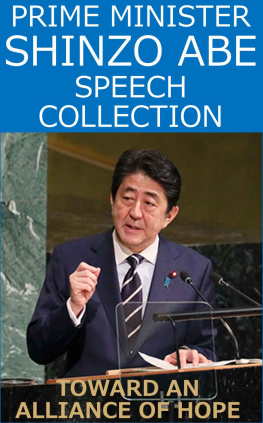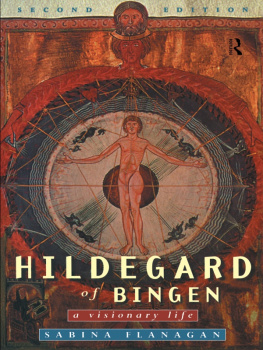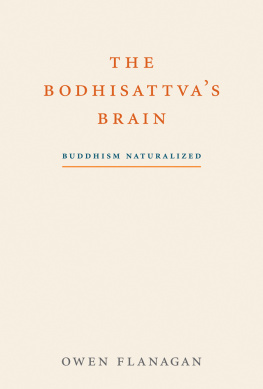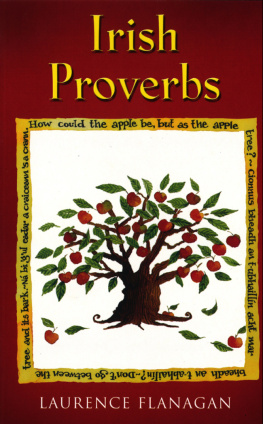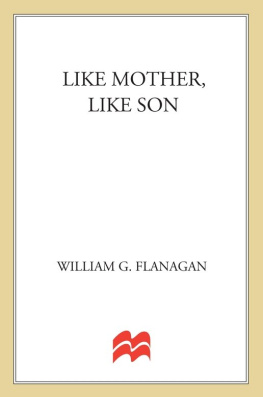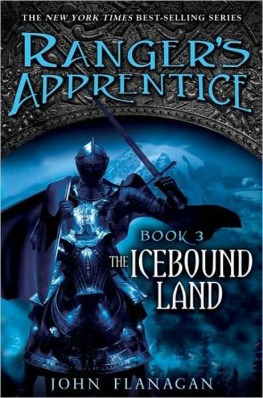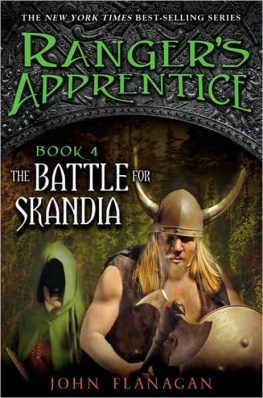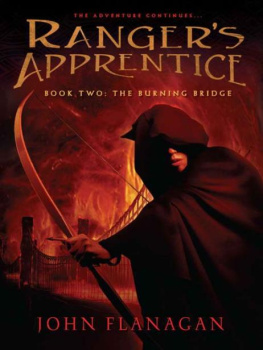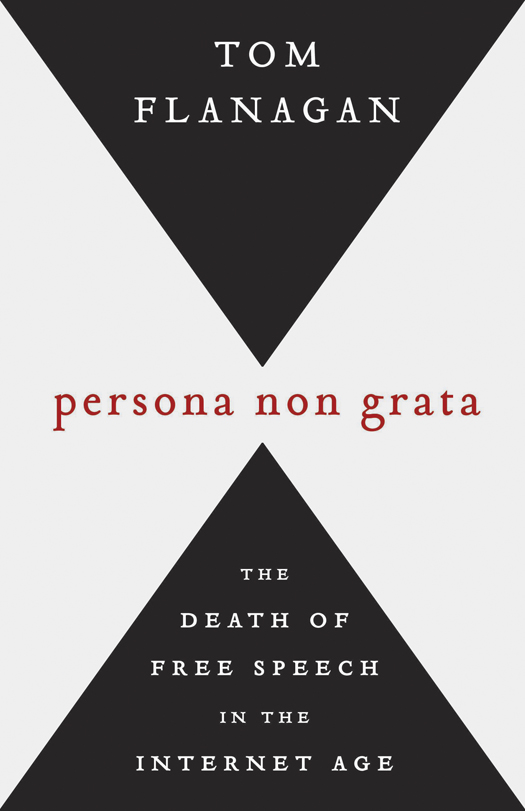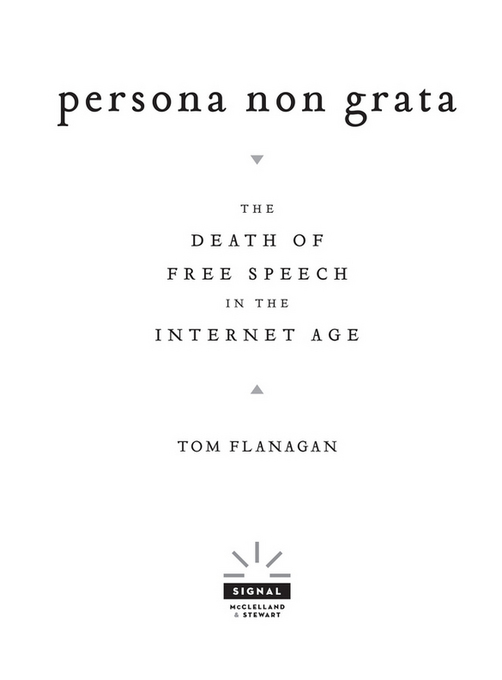Tom Flanagan - Persona Non Grata: The Death of Free Speech in the Internet Age
Here you can read online Tom Flanagan - Persona Non Grata: The Death of Free Speech in the Internet Age full text of the book (entire story) in english for free. Download pdf and epub, get meaning, cover and reviews about this ebook. year: 2014, publisher: Signal, genre: Politics. Description of the work, (preface) as well as reviews are available. Best literature library LitArk.com created for fans of good reading and offers a wide selection of genres:
Romance novel
Science fiction
Adventure
Detective
Science
History
Home and family
Prose
Art
Politics
Computer
Non-fiction
Religion
Business
Children
Humor
Choose a favorite category and find really read worthwhile books. Enjoy immersion in the world of imagination, feel the emotions of the characters or learn something new for yourself, make an fascinating discovery.

- Book:Persona Non Grata: The Death of Free Speech in the Internet Age
- Author:
- Publisher:Signal
- Genre:
- Year:2014
- Rating:3 / 5
- Favourites:Add to favourites
- Your mark:
Persona Non Grata: The Death of Free Speech in the Internet Age: summary, description and annotation
We offer to read an annotation, description, summary or preface (depends on what the author of the book "Persona Non Grata: The Death of Free Speech in the Internet Age" wrote himself). If you haven't found the necessary information about the book — write in the comments, we will try to find it.
In February 2013, Tom Flanagan, acclaimed academic, University of Calgary professor, and former advisor to Prime Minister Stephen Harper, made comments surrounding the issue of viewing child pornography that were tweeted from the event he was speaking at and broadcast worldwide. In the time it took to drive from Lethbridge to his home in Calgary, Flanagans career and reputation were virtually in tatters. Every media outlet made the story front-page news, most of them deriding Flanagan and casting him as a pariah. He was made to apologize publicly for his use of words but the bottom line was that Tom Flanagan simply sounded an opinion (he in no way whatsoever suggested that he was anything but virulantly opposed to child pornography) in an academic setting. In effect, his university, several of his colleagues, and much of the media, including the CBC -- and most of Canada! -- made him persona non grata. This book is two things: The authors side of the story, and what he endured during what he calls The Incident, and a passionate and convincing defense of free speech, not just in Canada but everywhere. While Flanagans is hardly the first book on the subject, what makes this book different is the component of the internet, a tool that is very much a double-edged sword when it comes to freedom of expression--it allows people to have an unfiltered voice to say what they want, but it also allows those to use it to be judge, jury and executioner against those whose opinions they disagree with. The book is also a sobering look into the kind of political correctness that has become a staple in the academic world. What happened to the author illustrates important tendencies in contemporary Canada threatening freedom of speech and discussion, and how the new technology is playing an increasing and menacing role.
Tom Flanagan: author's other books
Who wrote Persona Non Grata: The Death of Free Speech in the Internet Age? Find out the surname, the name of the author of the book and a list of all author's works by series.

